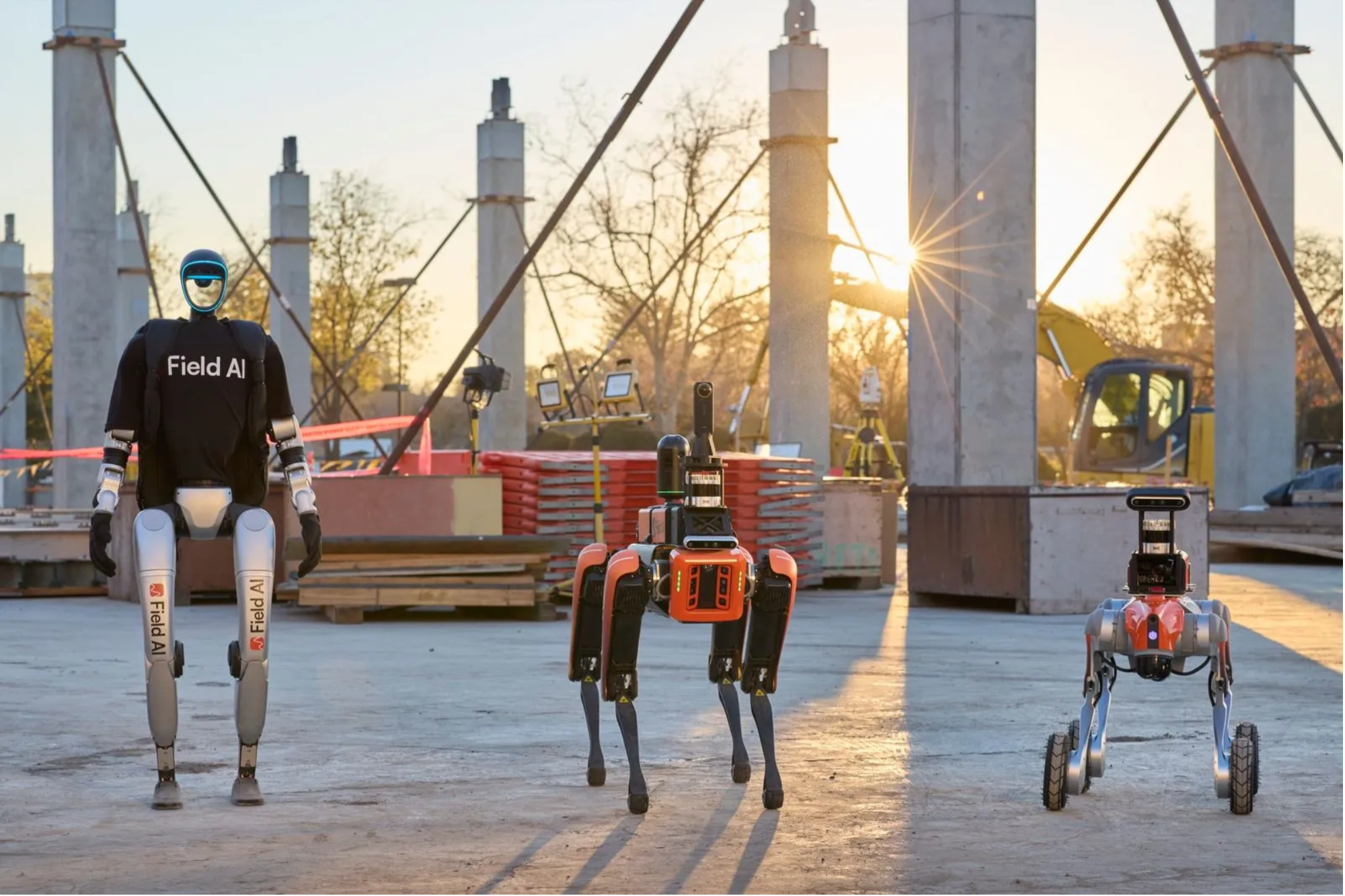FieldAI Secures USD 314 Mn Funding, Valuation Reaches to USD 2 Bn The startup has now secured a total of USD 405 million across two rounds as it looks to accelerate the deployment of its artificial intelligence platform.
You're reading Entrepreneur India, an international franchise of Entrepreneur Media.

US-based robotics software company FieldAI has raised USD 314 million in a new funding round, lifting its valuation to USD 2 billion from USD 500 million a year ago, according to people familiar with the matter.
The startup has now secured a total of USD 405 million across two rounds as it looks to accelerate the deployment of its artificial intelligence platform.
Investors in the latest round include Khosla Ventures, Nvidia's NVentures, Bezos Expeditions, Canaan Partners and Intel Capital.
FieldAI, founded in 2016 by former NASA robotics technologist Ali Agha, develops systems that allow robots to work safely in industrial environments. Its software can be installed on a wide range of hardware, giving companies flexibility to use cost-efficient machines rather than being tied to a single integrated system.
The company is currently focused on enabling robots to handle monitoring and surveying tasks in environments described as "dirty, dull and dangerous." Over time, it plans to extend those capabilities to more complex operations.
Agha said the fresh funding will allow FieldAI to expand its workforce from around 30 employees at the end of last year to nearly 100 as it supports multi-million-dollar contracts across the United States, Europe and Asia. He emphasised that FieldAI's technology is distinguished by the way it integrates physics-based models to help robots assess and manage risks in unpredictable settings.
"In robotics, there are consequences to actions, so managing that risk is the fundamental gap today," Agha said.
Backing investors point to the company's data-driven approach as a key advantage. Kanu Gulati, a partner at Khosla Ventures, said the ability to deploy robots more widely and gather real world information could set FieldAI apart. "The bigger story for me is getting more robots deployed that are collecting more data, and then they can be in the pole position to win," she said.












